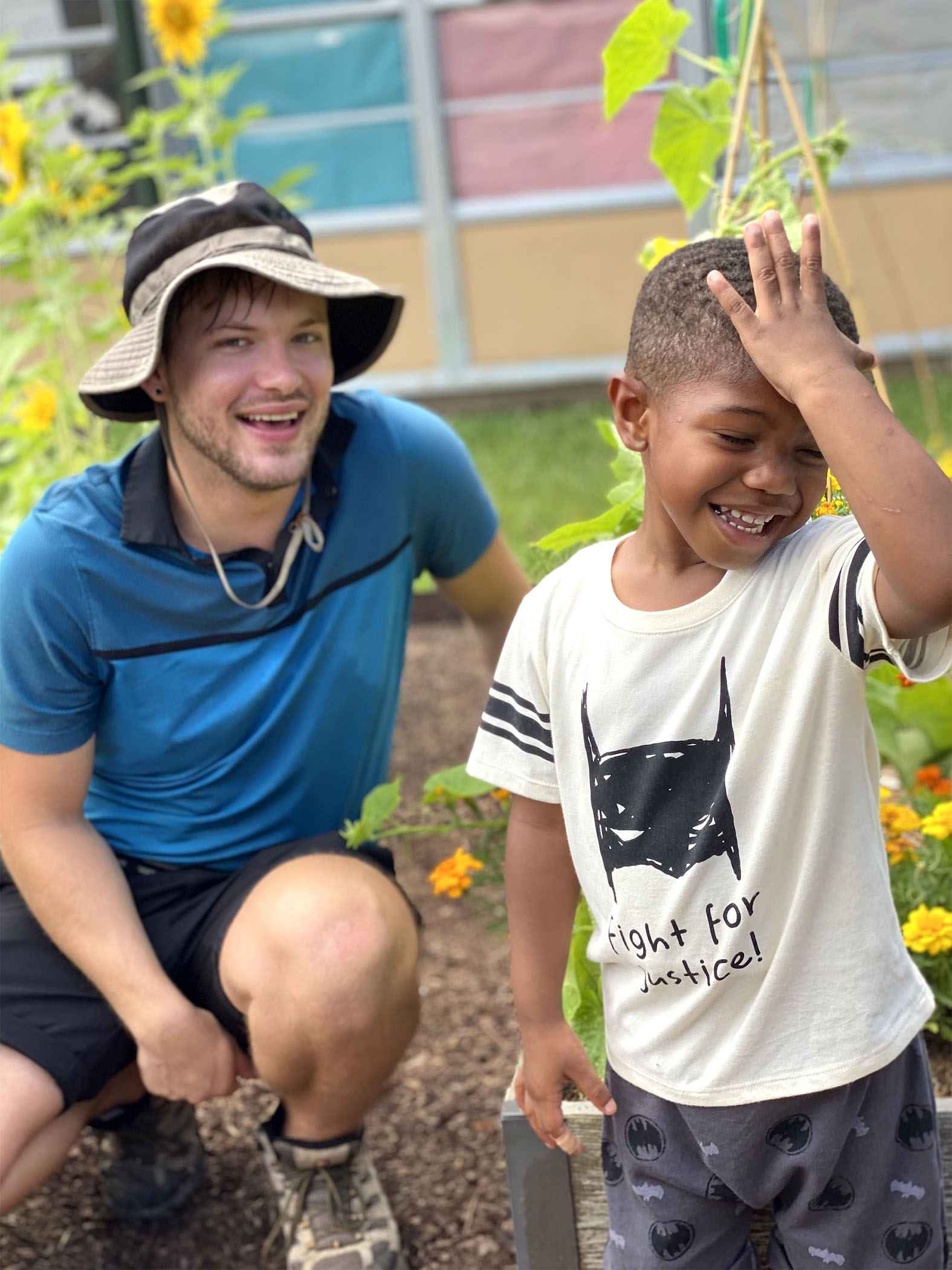4-H Youth Development

WHAT IS 4-H?
In 4‑H, we believe in the power of young people. We see that every child has valuable strengths and real influence to improve the world around us. 4‑H is delivered by the Cooperative Extension Program—a community of more than 100 public universities across the nation that provide experiences where young people learn by doing. For more than 100 years, 4‑H has welcomed young people of all beliefs and backgrounds, giving kids a voice to express who they are and how they make their lives and communities better.
Through life-changing 4‑H programs, nearly six million kids and teens have taken on critical societal issues, such as addressing community health inequities, engaging in civil discourse and advocating for equity and inclusion for all.
USDA/NIFA Critical Issues
American children are at substantially higher risks for undernourishment, child abuse, neglect, poor health, substance abuse, teenage pregnancy, violence and academic underachievement, due to conditions beyond their control. To address this critical area, we will target Louisiana youth and provide educational information on three areas: Citizenship/Leadership, Healthy Living and Science and Technology. We will emphasize four essential elements in youth – belonging, independence, mastery and generosity.
![]()
![]()

